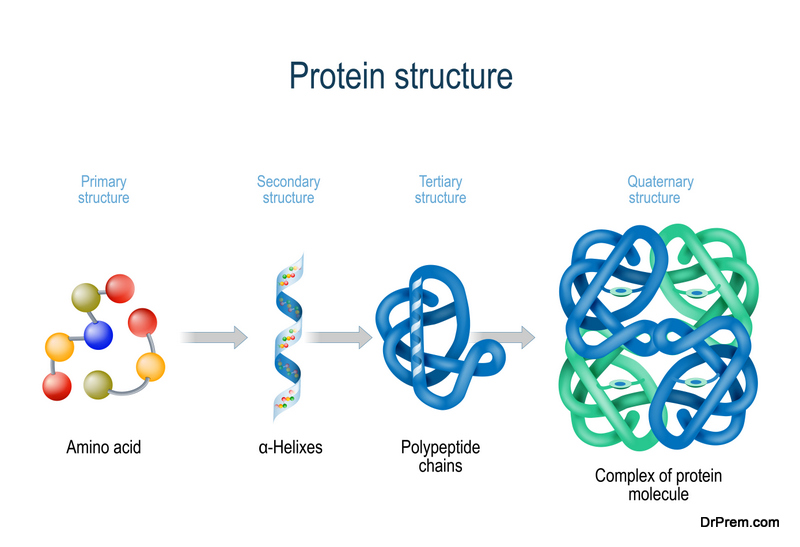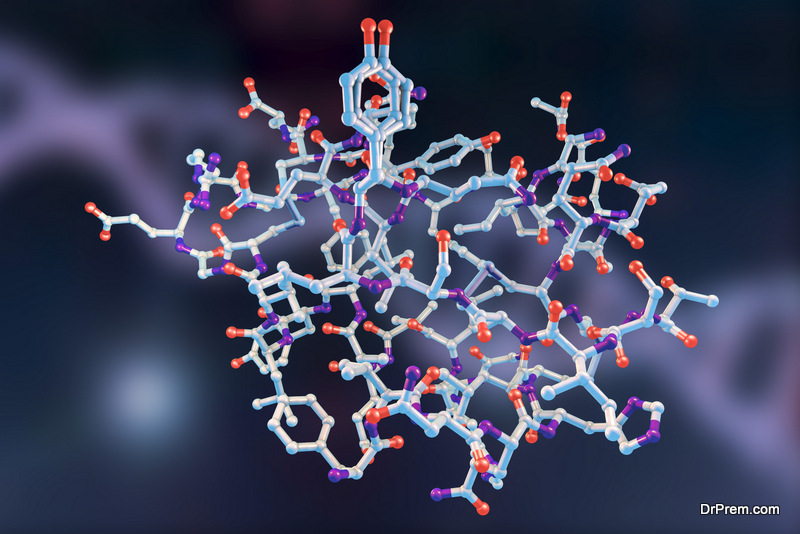The body is made up of numerous building blocks that include amino acids. Amino acids are joined together by peptide bonding to form small chains called peptides. In turn, these peptides come together to form proteins. In essence, peptides can be considered smaller forms of proteins. Therefore, they play an important role in the structure and function of cells, tissues, and organs throughout the body. Peptides have received a lot of attention recently because they can be leveraged for numerous health benefits. This has led many to ask what are peptides? For what purposes can they be used?
The Size Limit of Peptides

The Health Benefits of Peptides
Due to their beneficial effects, many people are interested in taking peptide supplements. They are usually derived from animal and plant sources, including milk, meat, eggs, soy, wheat, beans, and lentils.
Just like proteins, different peptide structures can have different properties. There are 21 separate amino acids the body uses to construct its proteins. This means that there is a wide array of possible combinations of peptides as well. Depending on the amino acids used to make the peptide, its biological impact can vary as well.
For example, collagen peptides have been used to slow down the cosmetic effects of aging. Collagen is an essential protein found in skin, hair, and nails. Collagen peptides are smaller forms of this larger protein. Because collagen peptides are smaller, the body can absorb them more easily. Some studies show collagen can be used to treat skin wrinkles, improve elasticity, and maintain hydration.
Scientists are also studying the effects of bioactive peptides on osteoporosis. As people age, the density of their bones naturally starts to decrease. This places individuals at a greater risk of suffering bone fractures. While research is still ongoing, there is hope that peptides can help people retain their bone density.
Finally, some research studies have shown that certain bioactive peptides can increase lean muscle mass. Called creatine peptides, they can be used to help people get more out of each workout. This allows individuals to push themselves harder at the gym, allowing athletes to more effectively burn fat, build muscle, and maintain a healthy weight.
The Future of Peptides

Article Submitted By Community Writer




